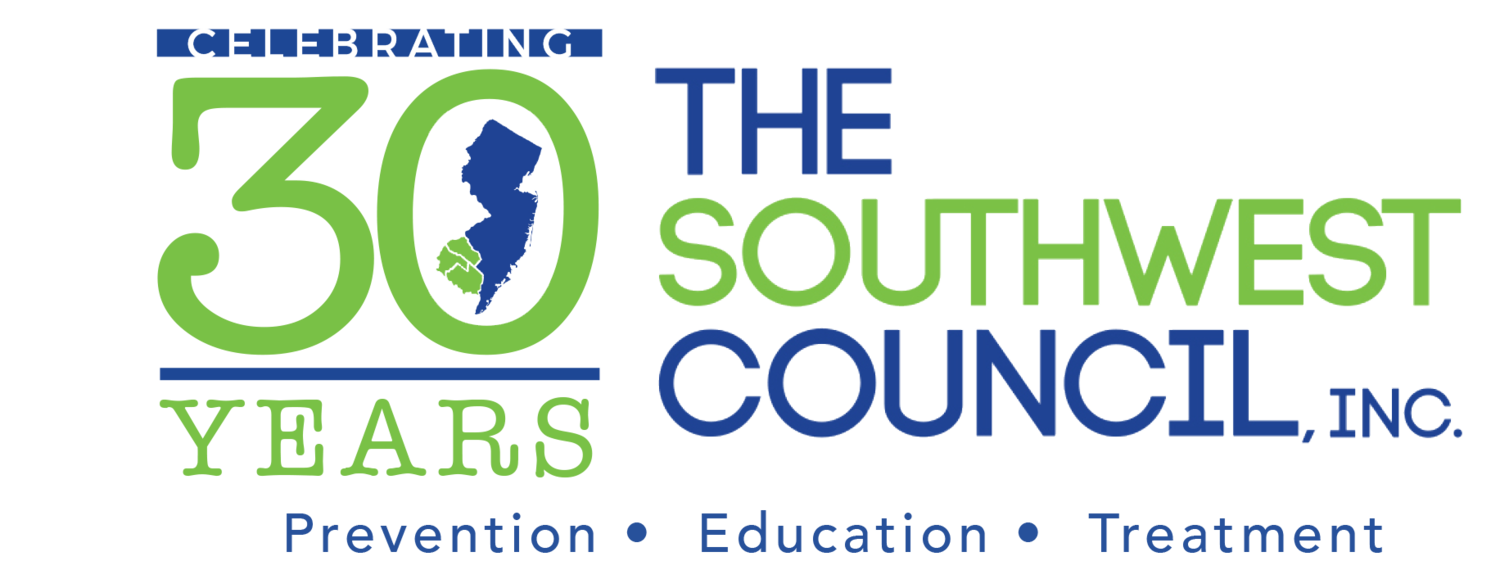By: Alan Kagan
“Bobby, what do you have planned today?” …”Nothing”
“Susie, what’s wrong?”… “I’m sooo bored!”
Do these conversations sound familiar? This might be typical banter between you and your teen, especially during the summer months. For teens not involved in clubs or playing sports, and lacking means of transportation, summer vacation might be anything BUT a vacation. Most families cannot afford luxury getaways, cross-country trips, and outings to amusement parks; a lot of parents have full time jobs, or are working two jobs, and it makes it hard for them to keep their teens occupied and up-to-date on their daily happenings.
The issue here isn’t necessarily the boredom your children are experiencing. This might give them ample time to reflect on decisions made during prior school year, all the friendships won and lost, relationships, and life choices to be made for the future. It’s what your teen ultimately chooses to do with that time is what could get them into trouble.
Research shows that as a teen’s brain is developing, it functions differently than an adults when it comes to decision making. They are more likely to act on impulse and engage in risky behavior, and less likely to think before they act or pause to consider the consequences of their actions. Exposure to drugs and alcohol can change, or negatively impact that development.
A teenager’s brain + boredom + negative peer influences = trouble. Statistics from Bradford Health Services show that by the end of August, nearly a million teens will have tasted their first drink of alcohol, and on an average summer day, approximately 4,500 youth will smoke cigarettes or marijuana for the first time.
Why is that?
According to the website AmericasRehabCampuses.com, “peer influence and fear of public humiliation is the single reason why teens are at higher risk for substance use. As adolescents, not quite children and not quite adults, self-confidence is easily swayed, and for the most part based on their peers.”
There was a study done in Finland that found when teenagers had places to go, things to do, had purpose, and kept busy, the rate of alcohol use was reduced. For decades, drug and alcohol use was rampant among their teens, and when school was out, “locals wouldn’t dare head into town because the streets would be overrun with students who were drunk, stoned and engaging in behavior that put themselves and others at risk”. Finland soon adopted a program that surveyed the teens, and as a result of the survey, facilities were built or repurposed for sports, art and music programs, which in turn provided many positive, healthy outlets for the youth during their free time.
With summer swiftly approaching, it’s the perfect time to speak to your teens about the negative effects of drug and alcohol use. While you’re at it, you can also help them find fun activities to engage in, such as summer camp, volunteer work, exercise at the local gym, or even a summer job. It’s important to remember to set rules (and stick to them), supervise when you can, and above all else STAY INVOLVED. Despite what you may think, teens like to know their parents care. Feed their emotional, physical, and intellectual hunger with healthy & productive activities, and they’ll be too full for the unhealthy ones.
The Southwest Council, Inc. promotes healthy life skills and character-building information to both youth and adults throughout Cumberland, Gloucester, and Salem counties. We also offer a Strengthening Families Program, which is a family skills training program designed to help reduce risk factors for behavioral, emotional, academic, and social problems in children 6-14 yrs old.
For more information on this program and others we offer, please feel free to reach out at (856)-794-1011 or visit us online at www.southwestcouncil.org .
Sources:
Why Teens Are at Higher Risk for Drug Abuse During Summer
Teen Summertime Substance Abuse





